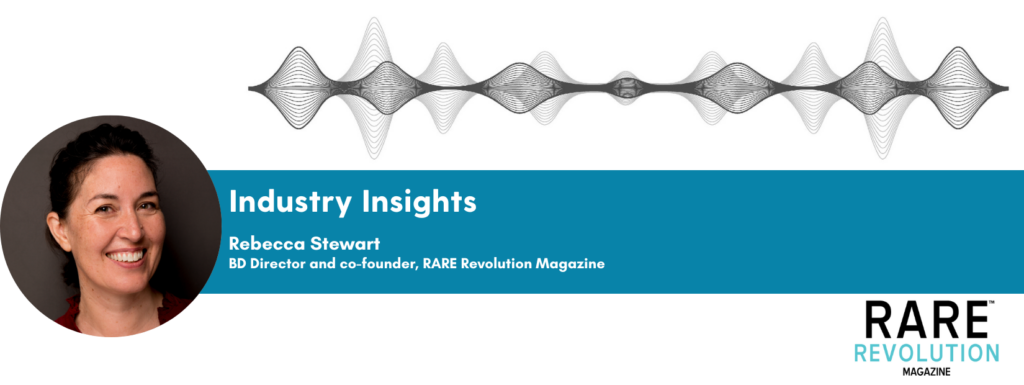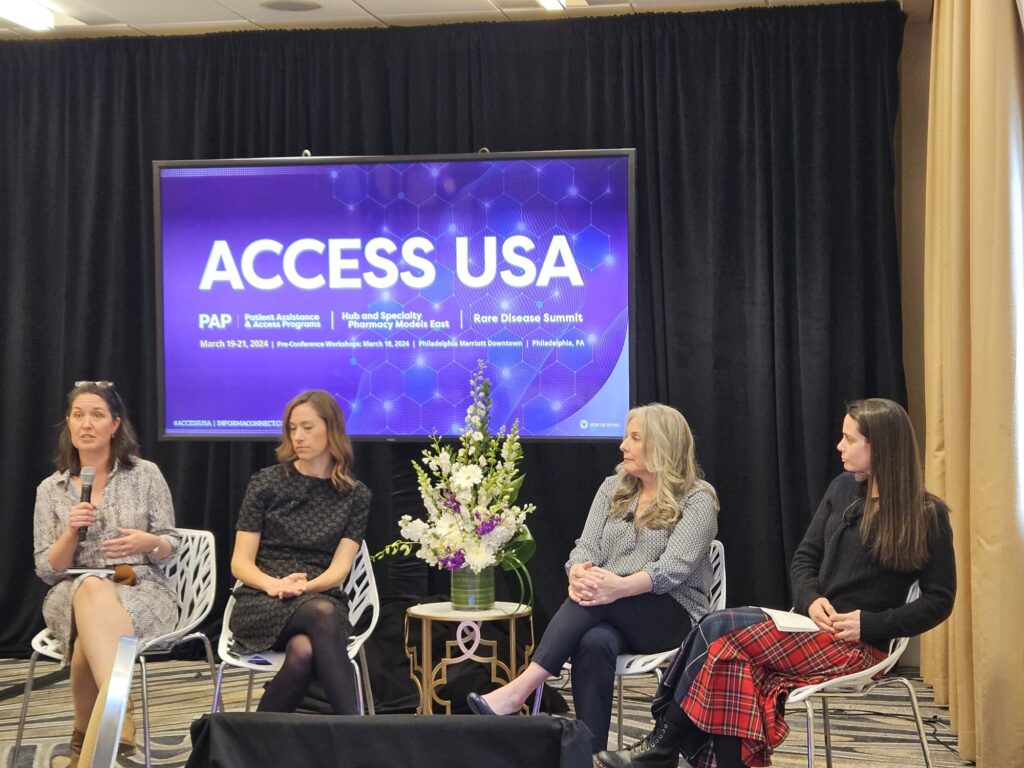How ‘do’ we versus how ‘should’ we think about disease awareness activities?

Earlier this month I popped a poll on LinkedIn with the question… “What outcomes motivate companies to invest in disease awareness campaigns and content?”
As a publisher of rare disease awareness and content I am interested in the types of success measures, business needs and business strategies that companies align with when driving these activities.
To get the conversation started I gave four options for people to choose from when considering the question, with an invitation to discuss in the open chat for further sharing of insights…
- Recruit for clinical trials
- Support improved diagnosis
- Build trust in communities
- Relatable, reliable education
Thirty-seven of my lovely LinkedIn followers took part and their professional positions ranged from:
Pharmaceutical companies – founders, VP’s, patient engagement/advocacy, medical affairs, marketing or brand strategy, market access, regulatory affairs, commercial and policy and access.
Other industry – research, geneticists, marketers, communications, corporate affairs, PR, psychology, and consultancy
Advocacy – founders and leaders of support groups and individual advocates
So, what did they have to say?
The results are in!
- Recruit for clinical trials 32%
- Support improved diagnosis 38%
- Build trust in communities 22%
- Relatable, reliable education 8%
In addition to the above, one person commented that all four should be motivators because “it is the right thing to do” and said that informing decision makers should be added to the list as an important fourth option.

What was I expecting?
My assumption ahead of the poll was that companies would define a direct business need which is supported by the results, but what I hoped for was a more even spread that showed that companies understood the importance of, what are often viewed as softer outcomes, community trust and community education and access to relatable stories. Companies often view these outcomes as softer not because they are less important but rather more difficult to measure.
Who was invested in building trust and relatable and reliable education?
The poll showed that those with job roles in PR, communications or market and brand strategy really understand the value of building trust and reliable education. Their expertise in behavioural science and brand development mean they understand that these are the outcomes that underpin everything else.
The facts are you can’t successfully recruit for clinical trials or support improved diagnosis if you haven’t built the foundation of trust within the community or invested in making sure that the answers to worried internet searchers are accessible, accurate and importantly relatable.
What do we measure—what should we measure?
As businesses we spend too much energy, focus and budget on measuring things purely because they are easy to measure and not because they yield the results we need. What we should be doing is investing our focus and importantly budget, on the things that show we are walking the walk and being patient centric. Patient centric not from the lens of the finance department, but the view that aligns with the community—our beneficiaries.
Only through tying the outcomes of building trust and accurate relatable information to that of recruitment and improved diagnosis, and through recognising that you can’t achieve the later without the former, can you start to build a business as a trusted brand that does the right things for the right reasons. This in turn will give you the measurable indicators so keenly sought after.
Through doing the right thing for your customers, you will be doing the right thing for the company too.

